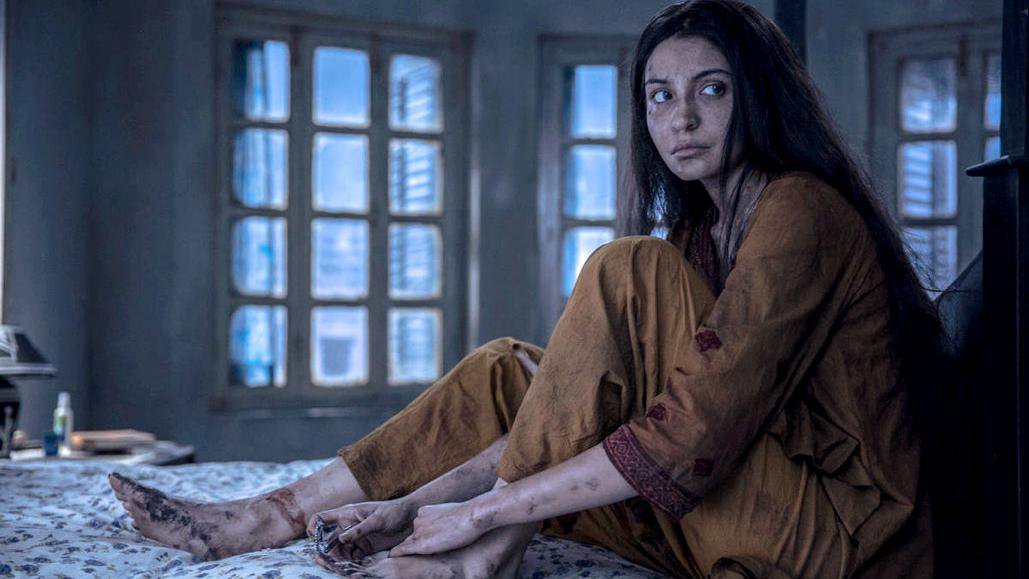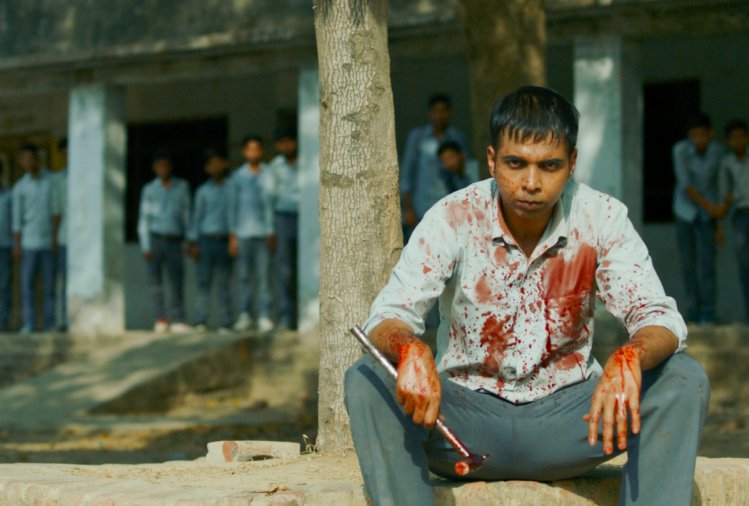In 2015, two years after its inception, production company Clean Slate Films co-produced its first project NH10, with the now-defunct Phantom Films. The film was a sleeper hit.

From 2015 to 2020, in just five short years, Clean Slate Films produced four other projects, across different genres. Though only two of them achieved widespread success, all four were original stories, backed new talent, and in terms of content, provided much-needed diversity in Bollywood.
And co-founders and producers Anushka Sharma and Karnesh Sharma deserve complete credit for backing compelling, content-driven cinema.

It’s no secret that movies are tricky business. You can never know, with absolute surety, what will work with the audience.
This is why, most producers hedge their bets on established stars sure to pull in the crowd, or tropes like ‘dance numbers’, stylized action-scenes, or hyped nationalism to impress the crowd, even at the cost of compromising the story.

And yet, despite being a new production house, Clean Slate Films supported new talent and novel stories.

Across their three films and one web series, the starcast has been a good mix of established stars and newcomers. The only thing common has been that they’ve been a talented bunch.

Additionally, forget sticking to ‘tried and tested stories’, none of the projects even relied on infamous remixes for promotions.

I’d go so far as to say that the soundtrack of Phillauri remains criminally underrated, especially its romantic ballads. It also marked the Bollywood debut of composer Shashwat Sachdev, who went on to win the National Film Award and the RD Burman Award for his later compositions.

It is thus, truly commendable, that Clean Slate Productions managed to achieve considerable success with their film choices, despite not adopting any of the established rules of success in the film industry.

One also has to take into account the way the film industry functions, and how a single film is often considered to ‘make or break’ a person’s career. And yet, Anushka Sharma backed these movies not only as a producer but also as an actor.

Of course, she was leveraging her own popularity to draw in the crowds. But at the same time, she was also risking her career growth in an industry that is especially harsh, and illogically critical of female actors, especially when they are ‘married’.

Even when Anushka launched her own production company, becoming the youngest producer in Bollywood, the first rumors to float were of how her then-partner, now-husband, cricketer Virat Kohli had lent a helping hand.
Putting to rest some rumours that have been doing the rounds for some days now pic.twitter.com/bqS498U1tC
— Anushka Sharma (@AnushkaSharma) February 10, 2017
Because, for a section of society, it’s not just difficult but nearly impossible to accept that women can single-handedly chart a successful path for themselves.
But neither the rumor mill, nor the Box Office failure deterred Anushka Sharma, and her brother and co-founder, Karnesh.
In the aftermath of Pari’s commercial failure came the web series Pataal Lok which has emerged as one of the real winners of 2020, and managed to surprise an audience that was almost saturated by the explosion of crime-dramas in Indian web series.

Right at the heels of the success of Pataal Lok came Bulbbul, a thriller-horror by debutant director Anvita Dutt. It may not have been perfect, but there is no denying the fact that it was well-intentioned and well-received.

Of course, like any company, even production houses need to succeed financially to continue working. Ultimately Bollywood is an industry and it can not be run on charity.
This is why Anushka Sharma’s success as a producer feels doubly rewarding. Because it proves, that our industry has space for good, original content, provided someone backs new ideas and innovative projects.

Anushka Sharma’s success as a producer also gives a ray of hope to those actors, writers, music composers, directors, technicians, etc. who dare to write a story different than the norm.

Perhaps, in that respect, Clean Slate is doing what its name suggests – providing an empty slate for artists to present their ideas. Perhaps, this might just inspire the established production house to also wipe off the old rules, and start anew.

















